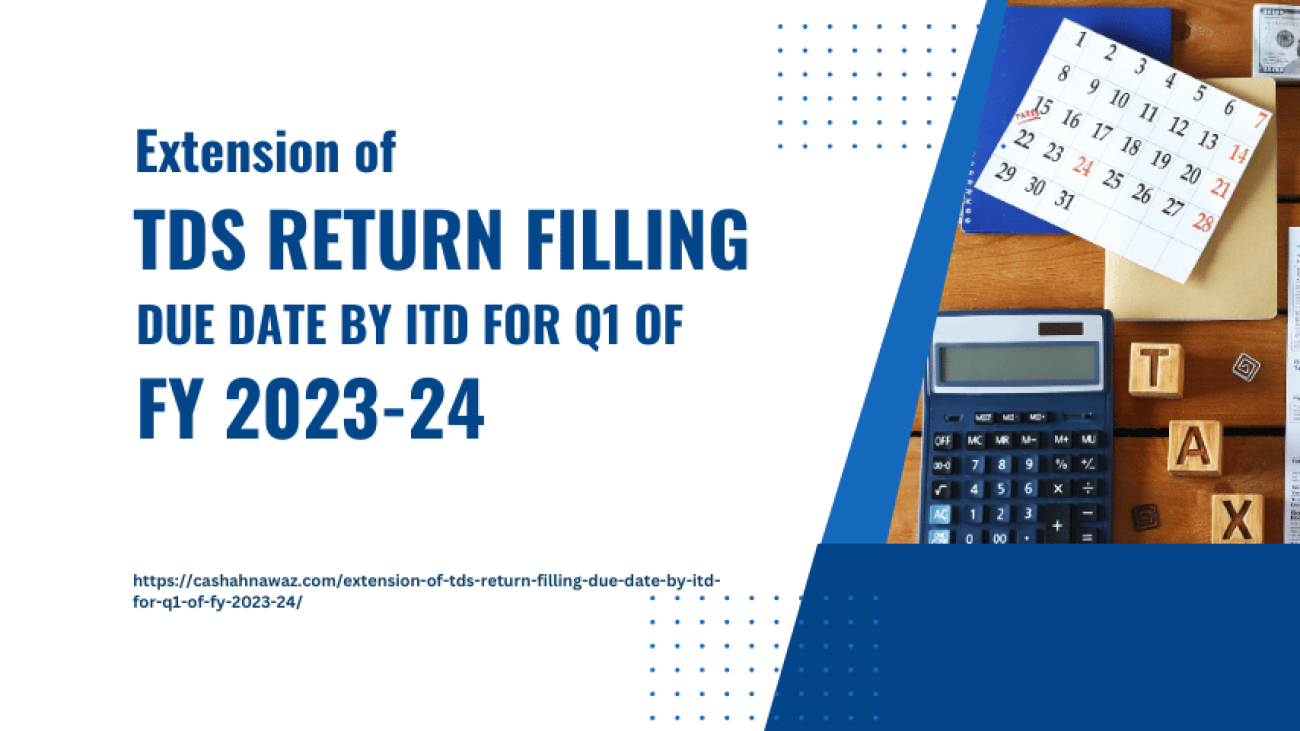What’s ITR filing?
Income Tax Return (ITR) is a declaration of your total income earned during a financial year i.e April to March. It is submitted electronically filling Forms available on governments official portal. In this article we’ll be guiding you the procedure for the same.
It ensures revenue collection for nation-building and governance for the government, and provides legal compliance, access to refunds, and proof of income for financial and legal purposes for taxpayers
Are you liable to File ITR?
Practically, all individuals whether salaried employees, freelancers, business owners, or other individual earning more than ₹3 lakhs in Financial Year 2024–25 (as per the new regim) are required to file their Income Tax Returns. In addition, all entities such as Partnership Firms, Private Limited Companies, LLPs, Societies, and Trusts (NGOs) are mandatorily required to file their returns, regardless of turnover. This means that even if there was no business activity during the year, return filing is still compulsory for non individuals.

How shall I determine its mandatory for me?
Certain high-value financial transactions and conditions make it mandatory to file an Income Tax Return (ITR), even if your income is below the basic exemption limit. As per Rule 12AB of the Income Tax Rules and Section 139(1) of the Income Tax Act, ITR filing becomes compulsory if any of the following conditions are met:
Conditions That Make ITR Filing Mandatory:
1. Total income exceeds the basic exemption limit
₹2.5 lakh (below age 60)
₹3 lakh (age 60–80)
₹5 lakh (above 80)
2. Aggregate deposits of ₹1 crore or more in one or more current accounts in a financial year.
3. Spending more than ₹2 lakh on foreign travel for yourself or any other person.
4. Spending more than ₹1 lakh on electricity bills in a financial year.
5. Total sales, turnover, or gross receipts from business exceed ₹60 lakh, or from profession exceed ₹10 lakh during the financial year.
6. TDS or TCS of ₹25,000 or more (₹50,000 for senior citizens) has been deducted or collected in the financial year.
7. Payment of ₹10 lakh or more via credit card in a financial year.
Additionally, if you are eligible for a refund, filing an Income Tax Return is mandatory to claim it.
We also advise all small freelancers with a turnover exceeding ₹10 lakhs, and traders with turnover crossing ₹20 lakhs, to file their returns to ensure compliance and avoid future tax scrutiny.
Documents Required to File Income Tax Return File
“The more openly you speak to a doctor, the better they can treat you the same goes for your CA. Full disclosure helps us serve you best and keep you compliant.”
The common document for all type of tax payers are IT portal Credentials or PAN Card, Aadhar Card and Bank Statements. As per the following List detail and specific documents are reuired:


Due date of filing and Late Fees
The Due date to submit the return online is 31st July 2025. For Audit case The due date is 31st October and for Transfer pricing Taxpayers it is 30th November. Taxpayers must not wait for the last moment as the income tax portal may not give timely response.
Late filing consequences
Late fees for late filing is Rs.5000 u/s234F of Income Tax Act 1961 . However, for small taxpayer who’s total income is not more than 5 lakh, maximum penalty will be Rs. 1000 under the said section. Moreover, Interest under Sections 234A, 234B, and 234C at 1% per month or part thereof on the unpaid tax amount under each section. There is another very important date, that is 31st December 2025 which is the last date to file ITR with late fees and interest. After 31st December taxpayer can not apply for refund.
Advantages of filing ITR
Following are the benefits of Timely filing of Income tax returns:
• Timely filing of your Income Tax Return (ITR) is essential to claim any eligible refund of Tax Deducted at Source (TDS).
• Filing your ITR before the due date allows you to carry forward business losses and capital losses (such as those from share trading) to offset them against future profits.
• Income Tax Return documents serve as valid proof of income and reflect your financial standing, which can be useful for various financial and official purposes.
• ITR filings are often required during visa application processes, as they provide a reliable record of your income and tax compliance.
• High-value financial transactions may attract scrutiny from government authorities. Proper disclosure of income through timely ITR filing significantly reduces the likelihood of receiving such inquiries or summons.





